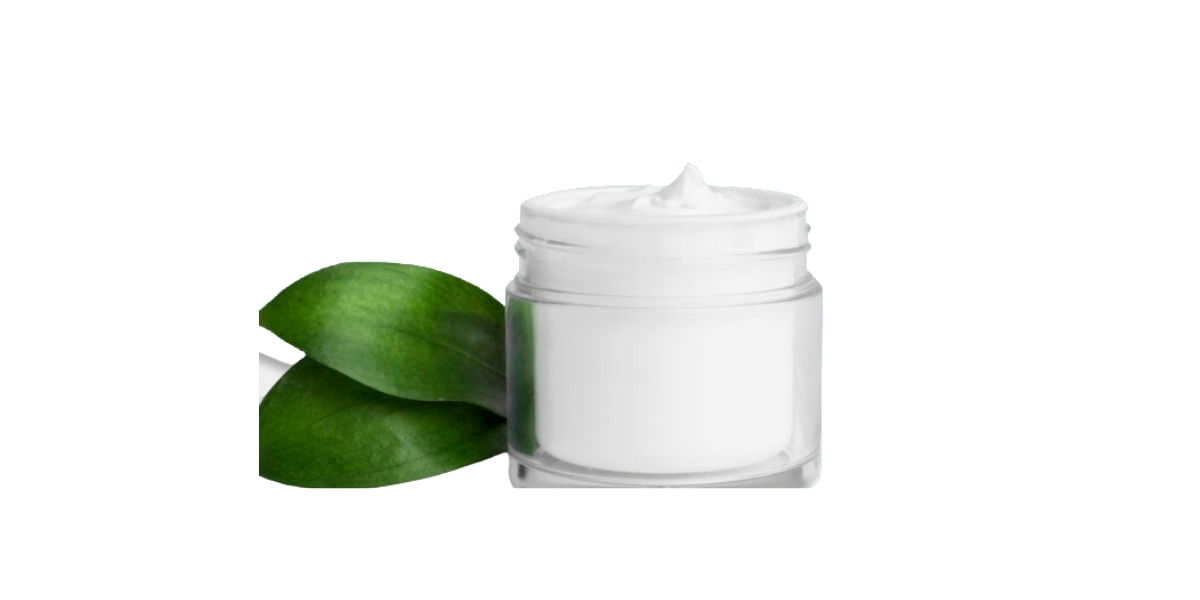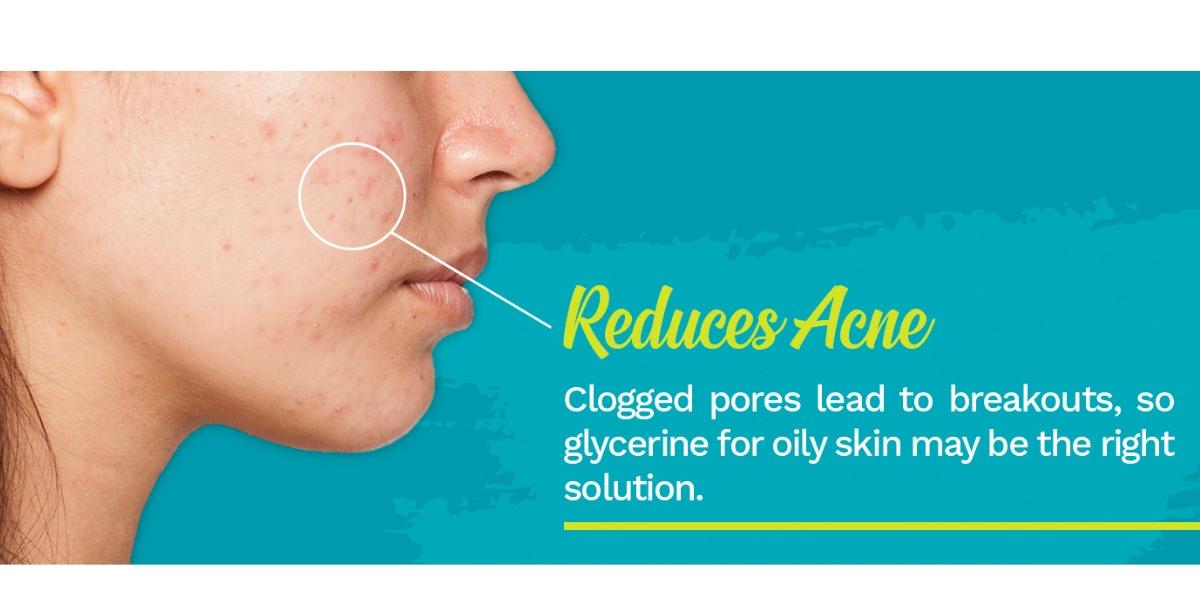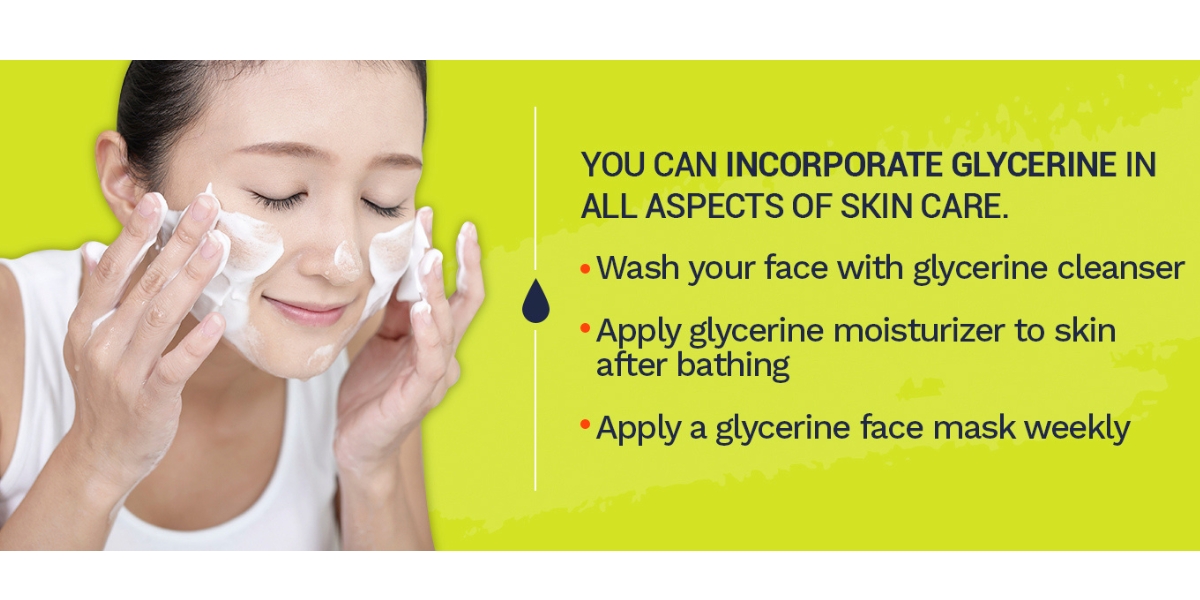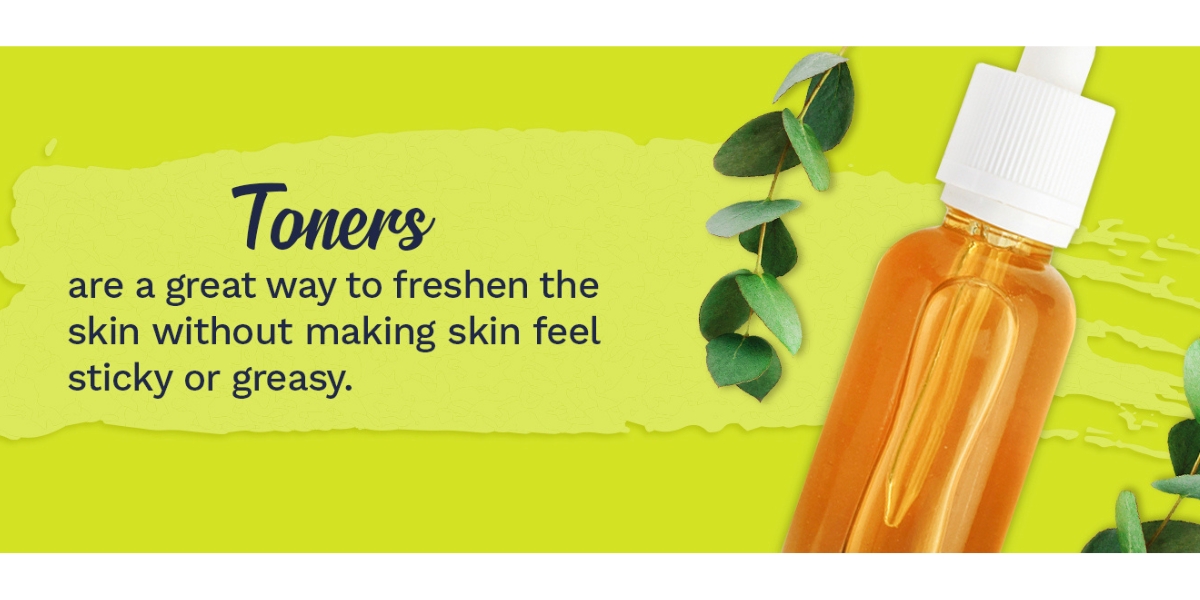Blog
9 Key Glycerin Benefits for Skin You Should Know
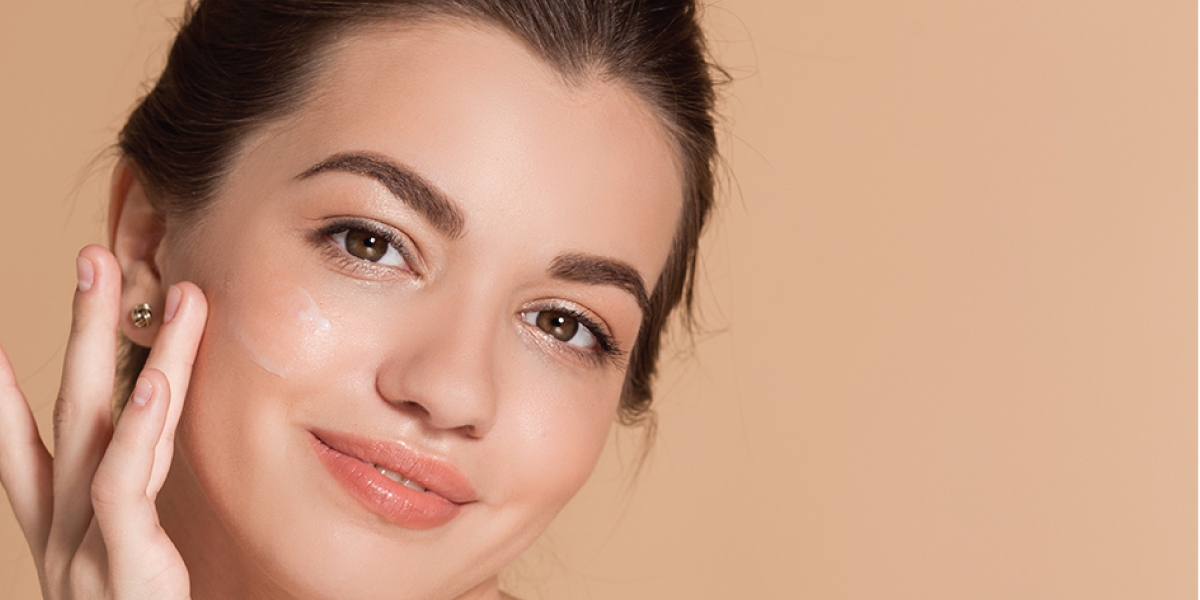
If you’re diligent about checking the ingredient label, you may notice glycerin popping up repeatedly in your skin care products. Did you know that glycerin can solve a host of your skin problems? Yes! It is one of the most widely used ingredients in the skincare industry for a reason.
So, what is glycerin, exactly? Glycerin is one of the most commonly used ingredients in topical skin care products today, owing to its many useful properties, such as being anti-inflammatory, bacteriostatic, hydrating, non-comedogenic and inert.
This blog will delve into the key glycerin benefits for skin, particularly how it hydrates, softens, and smooths your skin.
What Is Glycerin?
Glycerin is a non-toxic, odorless and colorless alcoholic liquid usually found in animal fats and vegetable oils. A natural humectant or a skin-conditioner, glycerin keeps your skin hydrated, soft and supple. It also protects your skin from harmful environmental aggressors, while improving its texture.
Glycerin also treats several skin disorders, ranging from dry skin to wound healing. The ingredient has the potential of improving your overall internal health as well.
9 Glycerin Benefits for Your Skin
Glycerin is a common ingredient in our skincare products because of its many benefits, including:
1. Moisturizes Skin
Glycerin is a powerhouse moisturizer. It draws water from the skin, keeping your skin appearing plump and supple. It also helps the skin stay moisturized so that you can enjoy the benefits of your skincare products for longer and won’t have to reapply lotions or creams frequently.
2. Nourishes Skin
Glycerin has been known to help skin stay moisturized against environmental stressors like cold air, dry wind, and sun exposure r. Dehydrated skin can become dry, flaky and cracked, which is not only bothersome in appearance but also increases the risk of infection from open wounds.
3. Improved Skin Texture
The moisturizing properties of glycerin help visibly improve skin texture, reducing the appearance of fine lines, wrinkles and other imperfections that become more noticeable when the skin is dry and tight.
4. Reduces Visible Signs of Acne
People with acne-prone skin are understandably worried about using moisturizers because they can clog the pores, which increases the risk of whiteheads and blackheads. However, glycerin is non-comedogenic, meaning it won’t cause clogged pores.
5. Exfoliates the Skin
The skin naturally exfoliates to continually renew healthy skin cells. As a natural humectant, glycerin can aid in this process by moisturizing the skin for easier removal of dead skin cells. The new layer of healthy skin will appear brighter and smoother, rejuvenating your look.
6. Visibly Brightens Skin
Dry skin has a dull appearance. By keeping the skin moisturized and promoting cell turnover, glycerin can contribute to a brighter, more radiant complexion so that you look younger and more refreshed.
7. Reduces the Visible Signs of Aging
Glycerin can help reduce the visible signs of aging on your skin. Dehydration tightens the skin, which can make fine lines and wrinkles more noticeable. Keeping the skin visibly hydrated is a great way to minimize these signs of early aging while helping your skin to appear brighter and smoother.
8. Preserves Other Ingredients
Glycerin acts as a natural preservative, extending the shelf life of our products that use botanical ingredients or herbal extracts. The potency of our products combined with their long shelf-life will help you save money on your skincare routine.
9. Improves Complexion
Regular use of glycerin can lead to a more even looking complexion and softer skin texture, while combating the appearance of skin discoloration or hyperpigmentation. The properties of glycerin can also address skin redness concerns.
What Skin Types Should Use It?
The gentle moisturizing properties of glycerin means it can be used for all skin types, including sensitive skin. It provides dry skin with visible hydration while remaining light enough for people with oily skin. People with a combination of skin types can simultaneously address both the appearance of dry and oily areas with glycerin-based products.
How To Use Glycerin for Your Skin
Glycerin can be used in a variety of ways. The easiest way to use glycerin is in skincare products that already contain it as a main ingredient. This includes facial moisturizers, body moisturizers, cleansers and toners.
-
As a face wash
Glycerin removes dirt and pollution accumulated on your skin. It works as an excellent makeup remover too.
- Rinse your face with water.
- Take a little bit of glycerin on a cotton ball and dab it all over your face.
- Avoid contact with eyes and mouth.
- Allow it to absorb into the skin. Wash it off after a few minutes.
-
As a toner
Glycerin tightens your pores. Using it as a toner can work wonders for your skin. However, make sure you don’t use too much of it.
- Add a few drops of glycerin to half a cup of rose water.
- Gently dab it onto your skin before applying your moisturizer.
-
As a moisturizer
Glycerin works as an excellent natural moisturizer for your skin, when diluted with water and other ingredients.
- Wash your face thoroughly with a mild cleanser.
- Apply your glycerin-based moisturizer gently on all areas of your face.
- Ensure that you don’t let it enter your eyes.
- You can also make a DIY moisturizer by mixing glycerin with almond oil and 2 drops of any essential oil.
-
As a lip balm
Glycerin is gentler and more moisturizing than any chemical-based lip balms.
- Mix glycerin with shea butter, cocoa butter or coconut oil.
- Apply it on your lips after cleansing it.
- Leave it overnight.
-
As a Cleanser
Glycerin is an effective ingredient in cleansers as it works extra to maintain moisture in your skin and prevent any skin irritation during the cleansing process.
- Mix 3 teaspoons of milk with 1 teaspoon of glycerin.
- Apply this all over the face and allow it to soak in.
- Wash it off the next morning.
-
As a Nourishing Mask
A glycerin face mask holds in moisture and effectively soothes dry skin.
- Mix 3 teaspoons of white kaolin clay with ½ teaspoon of bentonite clay.
- Add ½ teaspoon of vegetable glycerin each, 5 teaspoons of water, and 2 drops of rose geranium essential oil to it.
- Spread the mask onto your face using circular motions.
- Let it dry completely.
- Wash it off.
-
As an Anti-ageing Mask
An anti-ageing mask using glycerin balances out skin tone and helps to reduce wrinkles.
- Beat one egg till it becomes frothy.
- Add 1 teaspoon of vegetable glycerin and honey each to it.
- Apply it to your face using circular motions.
- Leave it on for about 20 minutes.
- Wash off with cold water and pat dry.
- Apply a moisturizer.
Precautions And Tips Of Using Glycerin On Your Skin
- Although glycerin is gentle on the skin, it is advised to conduct a patch test before applying it to your face. Dilute glycerin in rose water and apply the mixture to the back of your hand. Wait for 24 hours. If your skin doesn’t experience any allergic reactions, it’s safe to be applied onto your face.
- If you have sensitive skin, make sure to not use glycerin directly on your skin. Always dilute it.
- Glycerin can cause sun sensitivity. It is advised for you to use glycerin at night before sleeping. If you do use it during the day, apply sunscreen before you step out.
Can You Leave Glycerin Overnight On Your Face?
Glycerin is a humectant. It attracts moisture from the environment and the inner layers of your skin. Using it overnight for months together can also dry up the inner layers of your skin and eventually result in skin aging.
Leaving it on for 15-20 minutes and washing it off before going to bed is the best option. However, if you are leaving it overnight, make sure it is diluted properly.
Does Glycerin Have Any Side Effects On Skin?
Several research studies have proved glycerin to be a safe ingredient for all skin types. However, it can cause allergic reactions, if not diluted well. Too much glycerin can lead to excess hydration in oily skin and water-loss in dry skin. So, use it with caution.
Conclusion
Glycerin is a highly effective and versatile ingredient in skincare, offering a wide range of benefits for all skin types. As a powerful humectant, it draws moisture into the skin, keeping it hydrated, plump, and supple, which is especially beneficial for those with dry or dehydrated skin. Its ability to improve skin texture and smoothen fine lines helps create a youthful, radiant complexion, while its non-comedogenic properties make it ideal for acne-prone skin, as it won’t clog pores. Additionally, glycerin is gentle enough for sensitive skin and can be used in various ways, such as in moisturizers, cleansers, toners, or DIY face masks.
Regular use can also brighten dull skin and reduce the visible signs of aging by maintaining hydration and supporting cell turnover. While generally safe, it’s important to dilute glycerin when applying it, particularly for sensitive skin, and avoid overuse to prevent excess moisture buildup, which may affect oily skin. Overall, glycerin’s ability to nourish, protect, and improve skin texture makes it an essential ingredient in maintaining healthy, glowing skin.

